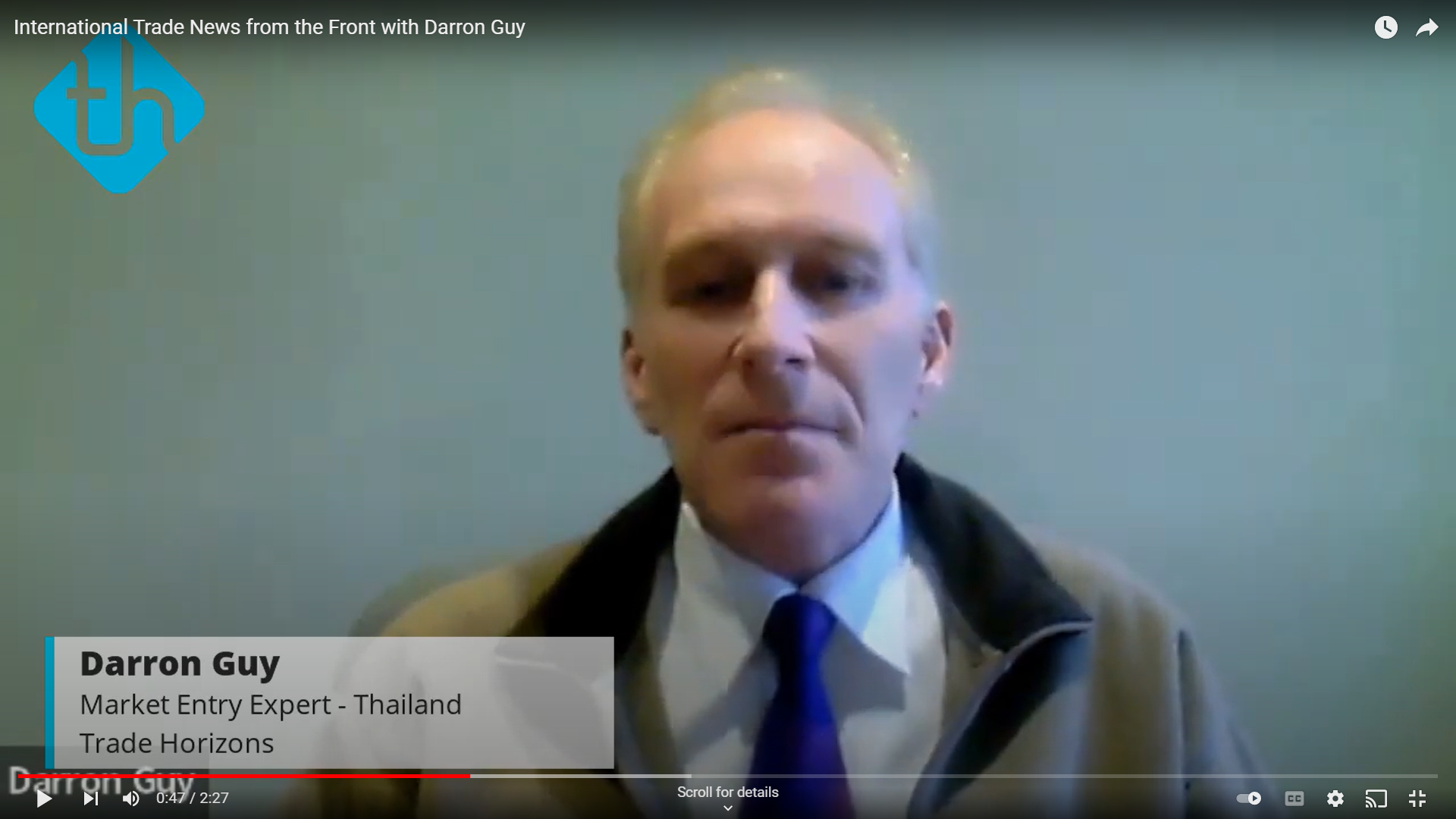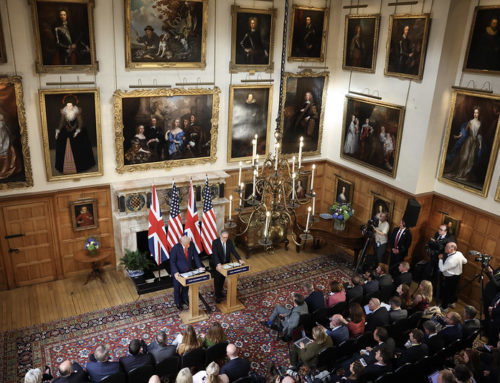Darron has 20 years of experience in Thailand working with MNCs and his own startups, leading an international advertising agency, a design institute, a boutique property consultancy, a digital marketing agency, a telco CRM strategy and numerous hotel marketing operations. A business and communications generalist, Darron develops commercial, marketing, and transformative operations to increase profitability, market penetration, loyalty and advocacy. Darron is based in Bangkok.
- Challenges for companies coming into your country?
Foreigners imagine Thailand to be an easy place to do business with friendly, welcoming locals who appear to be very accommodating – this is not true! Thais like to do business primarily with people they know and trust who have a good reputation. They can be wary of newly arrived foreigners lacking local credibility. Locals also do not like to be pressured into making quick decisions but will act decisively once trust and credibility has been established with a foreigner.
- Opportunities for companies coming into your country?
Business can be conducted very easily in some sectors where regulation is limited for example in the real estate, tourism and digital services sectors. The cost of doing business is still low. The Thai Government has many incentives for foreign companies, for example tax breaks, business support and grants.
- Why did you want to join Trade Horizons?
I have a large multi-sector network in South-East Asia which I leverage to maximise opportunities within a reputable global support network. Trade Horizons offers the flexibility and expertise I need to identify and develop opportunities in sectors where I need assistance.
- How do you think your country pitches itself?
Not too well. There is no clear strategy, and each sector receives varying levels of support from the Government. Not enough emphasis is placed on education, training, and innovation but that leaves opportunity for foreign entrants to disrupt and lead.
- Cultural differences?
Business still operates traditionally with emphasis and value placed on face-to-face meetings and the leveraging of existing networks. It is important that effort is made to maintain harmonious relationships and not to criticise under-performance or lack of progress with locals to avoid loss of face. In addition, Thais don’t like to be rushed or pressured, especially by impatient and often nosy foreigners. Often initiatives and projects can be implemented very quickly with little hindrance from the authorities.
- Surprises?
An over-reliance on excessive paperwork, many rules and regulations that are not enforced, and a lack of accountability.
A very hardworking younger workforce looking to advance the country.
- How do companies market to their customers in your country?
Larger local businesses still rely on mass-marketing and although the importance of digital is recognised, Thailand is generally 5 to 10 years behind the developed world. However, many SMEs use social media effectively, especially Facebook and TikTok.
- How are foreign brands perceived here?
People prefer to buy from foreign companies as there is a perception of much higher quality compared to local goods. Some older Thais are still wary of transacting with foreigners that don’t have a track record and established network in the kingdom, so an established partner is recommended.
- Fun little-known fact about your country
You cannot drive a car shirtless.
- Top 3 priorities for 2022?
Identify opportunities for foreign companies in the tourism sector, which has been decimated by COVID.
Leverage the UKs tech/entrepreneurial leadership and expertise.
Assist UK companies looking to enter Thailand in all sectors.
Thanks for talking to us Darron! See you in Bangkok







